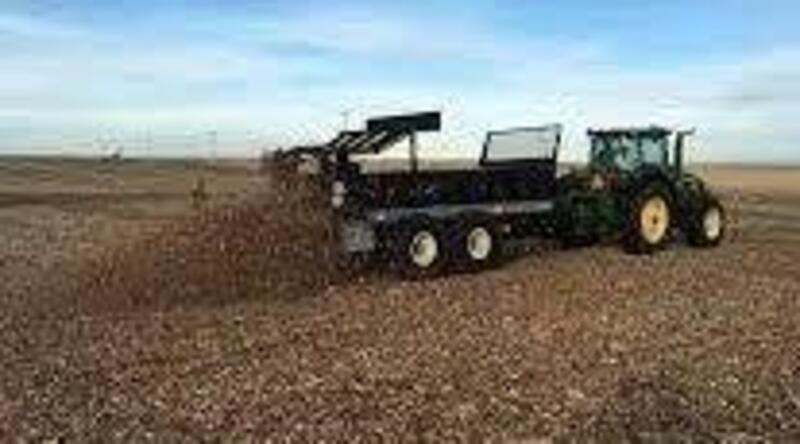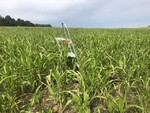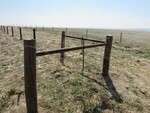Posted date: Mar 8, 2022
by: Admin My Local Life
464 Views
Written by Fred Wedel, Retired NRCS District Conservationist
Livestock manure has many benefits when used to supply nutrients for crop production. Livestock manure is a source of many key nutrients needed by crop plants. The nutrients include nitrogen, phosphorus, potassium, sulfur, magnesium, calcium, and micro-nutrients. Manure added to crop soil impacts the chemical, biological, and physical aspects of soil quality. Livestock manure is useful to replenish nutrients removed from soil by harvesting a crop.

When applying livestock manure or commercial fertilizer, using a nutrient management plan is very important. NRCS will develop a nutrient management plan for crop production for you on your farm. First a soil sample must be taken to determine which crop nutrients are currently available in the soil and in what amounts. The soil test used must not be over two years old. The soil test results must follow Land Grant University (LGU) guidance. The nutrient management plan will give recommendations for the amount of fertilizer or livestock manure to be applied for the crop to be grown. The plan will include the "4R's" of nutrient management. They are:
• Right nutrient source
• Applied at the right rate
• Applied at the correct time of year for the crop grown
• Applied in the correct place to improve use efficiency and to reduce losses due to surface runoff or leaching into groundwater
By following the "4R's", over-application and run-off is avoided, and water quality is protected. Remember this, do not apply nutrients when there is risk of runoff. Runoff can happen when soils are frozen, snow-covered or the top 2-3 inches of soil is saturated.
Following is a list of benefits of using livestock manure as fertilizer:
• Improves soil physical properties and soil aggregate formation
• Improves soil organic matter levels
• Improved aggregate stability and soil structure
• More soil biological activity
• More available moisture and water use efficiency
• Better rooting depth and better nutrient use efficiency
• Reduced tillage and a diverse crop rotation including cover crops keeps live roots in the soil throughout the year
Setting a realistic yield goal is important when applying livestock manure. Consider the nutrient needs of the crop rotation rather than just individual crops. This is especially important for P and K management. Livestock manure will increase soil organic matter. The result is reduced soil bulk density and less soil compaction. Soil biology is improved because of all the live organisms like plant roots, earthworms, fungi, bacteria, nematodes, and small insects. They all are important to build soil health, improve nutrient cycling and improve soil particle aggregation. Application of manure will also reduce soil erosion because of improved soil structure and less water run-off because of improved water infiltration rates. When putting manure on cropland it is best to not apply onto frozen, snow covered soils.
Strategic management of animal manure can be a cost-effective way to increase soil organic matter content, stimulate soil biology, improve soil structure and ultimately improve crop yields.
Your local NRCS office has experienced planners to assist you with development of a manure management plan for your farm.








